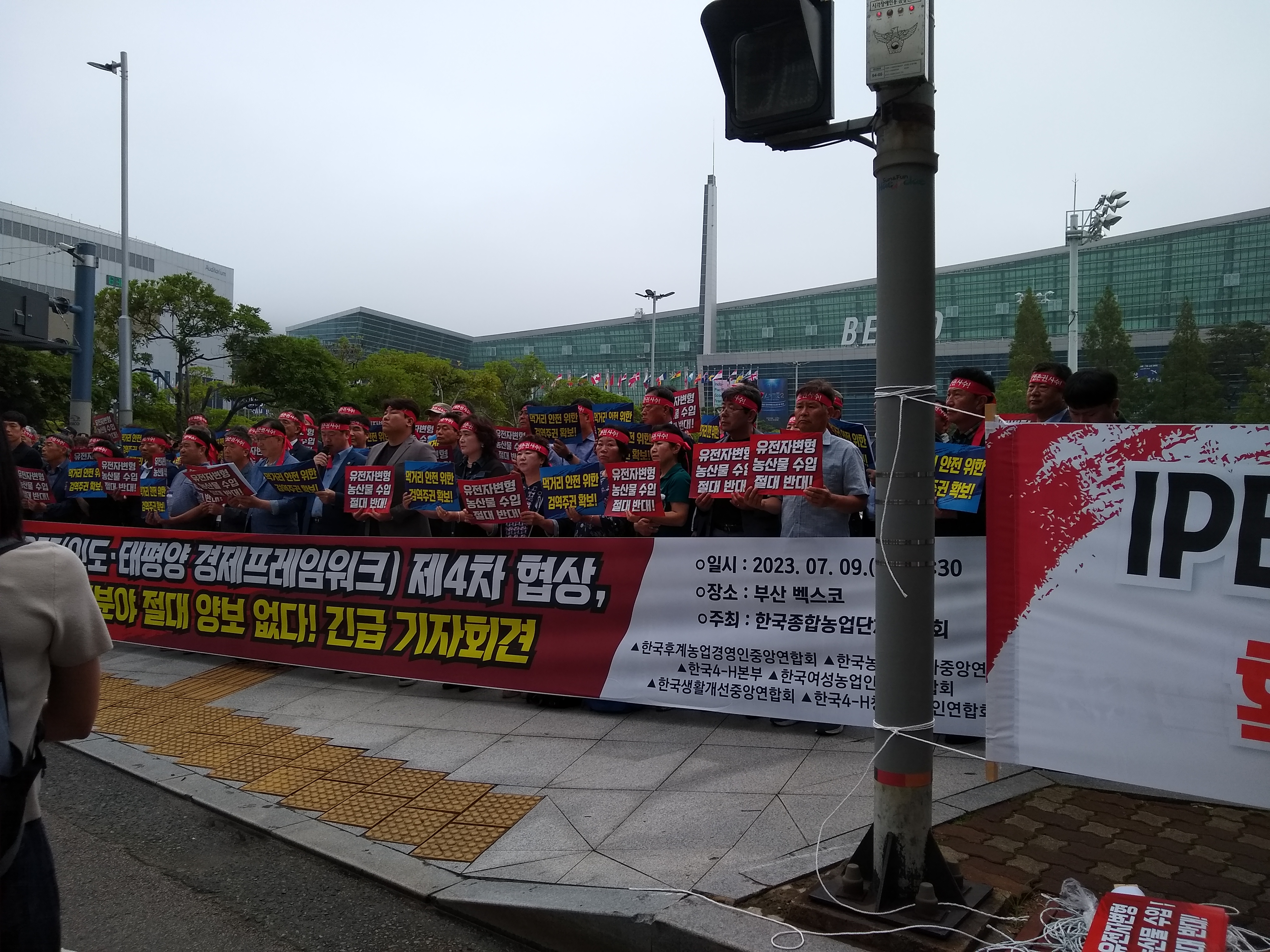Civil society calls for release of IPEF pillar 2 agreement and current texts
AFTINET - 04 July 2023
Civil society calls for release of IPEF pillar 2 agreement and current texts
To: Leaders and Ministers of countries participating in negotiations on the Indo-Pacific Economic Framework (IPEF)
At the recent IPEF Trade Ministers meeting in Detroit, Michigan, Ministers announced the “substantial conclusion” of negotiations on the Pillar II Supply Chain Agreement. The decision was hailed as a “first-of-its-kind” that aimed to “increase the resilience, efficiency, productivity, sustainability, transparency, diversification, security, fairness, and inclusivity of their supply chains through both collaborative activities and individual actions taken by each IPEF partner. [1]
The IPEF is being heavily promoted as a new approach to benefit those whom previous free trade agreements have failed, especially women, workers, Indigenous peoples and local communities that we work with. Yet since the Parties continue to withhold the text we are prevented from assessing these claims and seeking to influence the final outcomes to ensure those benefits are real, and not a repeat of the trade agreements designed to benefit the powerful states and transnational corporations.
We have previously objected to the lack of transparency in the IPEF negotiations and called for the immediate release of the negotiating texts. The promises of this agreement are not matched with a commitment to transparency in the process to allow civil society to be able to see what is being negotiated. In fact, the IPEF secrecy goes beyond the levels of the controversial Trans-Pacific Partnership (TPP), whose secrecy pact would keep key background documents hidden for years after the negotiations ended. Even in the TPP, the concluded text was released before legal scrubbing [2] so the public could see what was in it. Far from being a first-of-its-kind agreement, the negotiating process is repeating the problematic approaches to free trade agreements that has led to their deep unpopularity.
It is crucial to ensure that constituencies, including parliaments and civil society organisations, have ongoing access to the latest IPEF texts to allow opportunities for ongoing and informed input. The need to release what was agreed in Detroit, before legal scrubbing and certainly before it is signed, is even more pressing given Ministers “committed to operationalizing this landmark Agreement as soon as practicable”. The rush towards implementation needs to be tempered by the transparency, inclusivity, fairness and collaborative approach that you say is a hallmark of the outcome. particular, Ministers announced a number of accompanying bodies in the sectors that civil society has expertise in.
Yet, there is no detail on what these bodies will actually do, how they will operate and who will be able to be involved. As discussions progress on the other aspects of the agreement, including on critical issues like digital trade and climate change, it is essential that proposals, negotiating texts and related documents are released publicly in advance of each negotiating round. This includes announcing upcoming rounds with sufficient time for broad public stakeholder engagement.
Civil society organizations, legislative bodies, and the people of potential IPEF countries must immediately be given ongoing access to the negotiating texts to enable them to help formulate positions and comment on draft proposals throughout the course of the remaining negotiations.
Endorsed by:
- AID/WATCH (Australia)
- Australian Fair Trade and Investment Network (AFTINET)
- CFMEU Construction & General Division (Australia)
- Community and Public Sector Union SPSF Group (Australia)
- Electrical Trades Union (Australia)
- Focus on the Global South
- International Grail Justice and Trade Network
- IT for Change (India)
- It’s Our Future (Aotearoa, New Zealand)
- New South Wales Nursing and Midwifery Federation (Australia)
- Pacific Network on Globalisation
- Public Citizen (US)
- Sentro ng mga Nagkakaisa at Progresibong Manggagawa (SENTRO)
- Trade Justice Education Fund (US)
- Trade Justice Pilipinas (The Philippines)
- Uniting Church in Australia, Synod of Victoria and Tasmania (Australia)
Footnotes:
[1] https://www.commerce.gov/news/press-releases/2023/05/press-statement-substantial-conclusion-ipef-supply-chain-agreement
[2] The pre-legal scrubbing text was released on 5 November 2005 https://www.dfat.gov.au/trade/agreements/not-yet-in-force/tpp/Pages/tpp-text-and-associated-documents and https://web.archive.org/web/20151209165124/http:/trademinister.gov.au/releases/Pages/2015/ar_mr_151105.aspx






